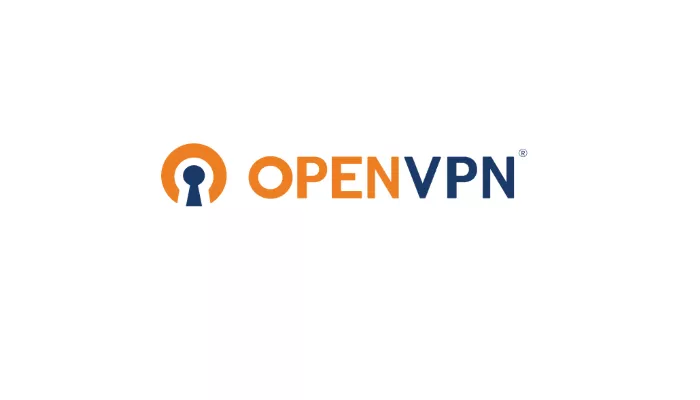OpenVPN has announced that its Data Channel Offload (DCO) feature has been officially accepted into the Linux kernel. It will be part of the Linux distribution starting with version 6.16. The “ovpn” kernel module, designed to provide faster speeds without compromising security, aligns with OpenVPN’s goal of making Zero Trust VPN accessible to businesses of all sizes.
DCO simplifies the OpenVPN process by handling the data channel directly in the Linux kernel. As a result, the system no longer needs to send data between user space and kernel space for routing or encryption. This reduces latency, optimizes performance, and cuts down on the cost of data transfer.
The DCO module also operates with multi-threading, which splits tasks into smaller parts and distributes them across multiple CPUs. This results in a performance boost of up to 300% compared to non-DCO configurations.
“This update delivers better performance, flexibility, and security to businesses,” said Francis Dinha, CEO of OpenVPN. “With DCO now part of the mainline kernel, OpenVPN users benefit from higher code quality, improved security, and regular kernel updates including bug fixes and new features.”
The Linux networking maintainers accepted the DCO for inclusion on April 17, 2025. From version 6.16, it will be included by default in all Linux systems. This means faster VPN performance without the need for additional installations. Embedded devices like routers and development boards running Linux will also benefit from DCO, ensuring ongoing performance improvements.
“OpenVPN products, whether self-hosted or cloud-delivered, offer the security that businesses have trusted for over 20 years,” Dinha added. “Integration within Linux ensures that businesses can enjoy top-notch performance and security with minimal effort.”


